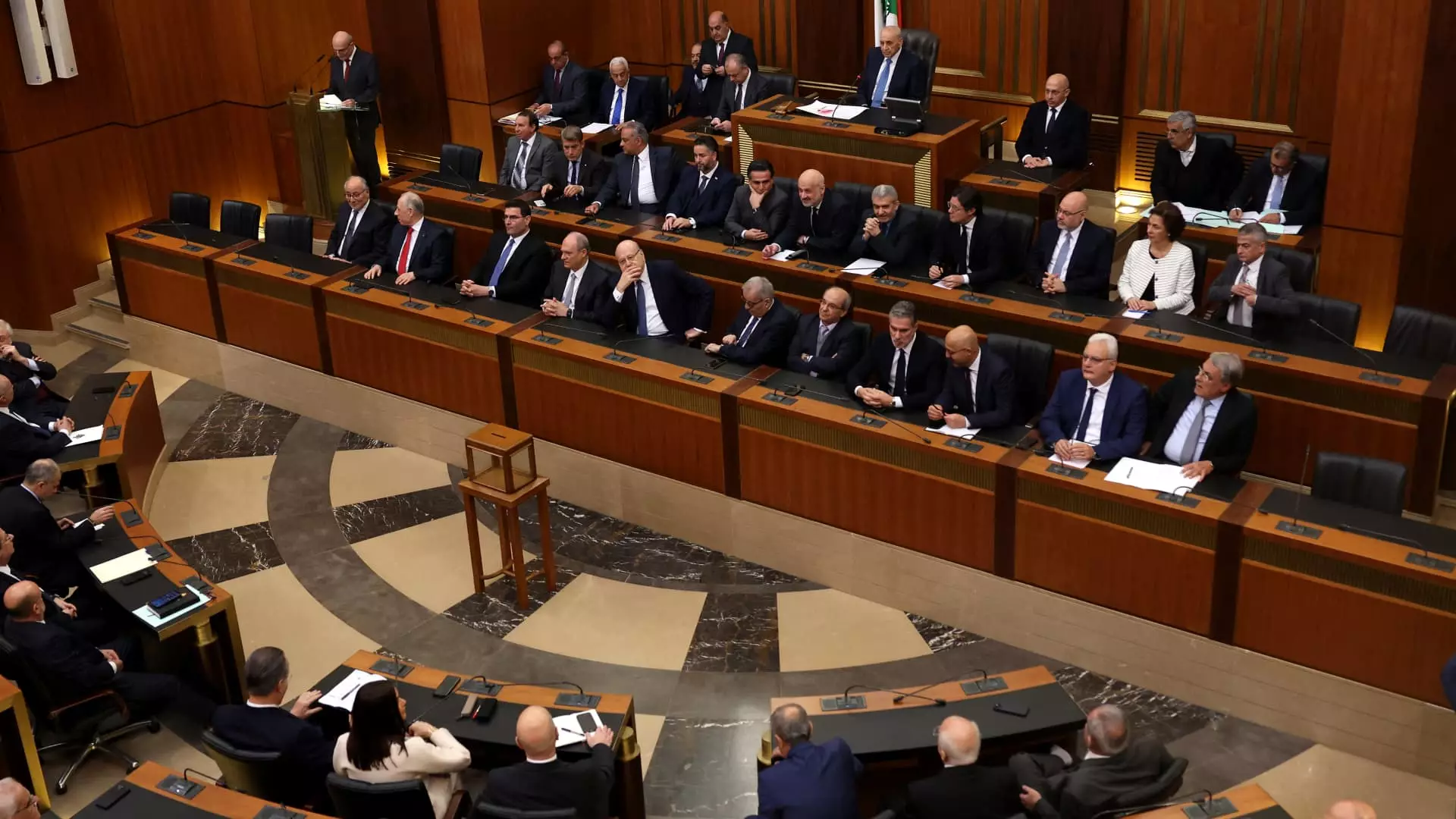Lebanon’s political landscape has undergone a significant transformation with the election of General Joseph Aoun as the nation’s president. The decision marks a pivotal moment not only in Lebanon’s internal dynamics but also in the regional balance of power, particularly regarding the influence of Hezbollah, Iran, and Saudi Arabia. As Lebanon grapples with multifaceted crises, Aoun’s presidency could signal either a revitalization or further entrenchment of existing challenges.
For Lebanon, which has been plagued by political paralysis, Aoun’s election fills a vacancy that has lingered since October 2022, when former President Michel Aoun’s term ended. The prolonged absence of a unifying leader pointed to deep-rooted divides among the political factions, all vying for dominance amidst an ever-changing landscape of alliances. The newly elected president, Joseph Aoun, not only aspires to unify these factions but, crucially, under his leadership, there is a chance for a recalibrated approach towards governance.
Joseph Aoun’s ascent to the presidency, aided by the backing of both Hezbollah and the Amal Movement, illustrates a strategic shift in alliances amidst a backdrop of weakened Iranian influence in Lebanon. The recent war between Hezbollah and Israel, which inflicted heavy losses on the group, also correlates with diminished political leverage for Hezbollah, traditionally seen as the region’s dominant Shiite power. In stark contrast, Saudi Arabia, previously sidelined, appears to be reclaiming its role, advocating for Aoun’s election and signaling potential financial support contingent on a stable governance framework.
The international community’s response to Joseph Aoun’s election is critical for Lebanon’s path forward. Politically, a consensus has emerged that without a president and a functioning government, Lebanon’s dire economic reality would remain unaddressed. Reports indicate that high-level envoys from France, Saudi Arabia, and the United States actively courted Lebanese politicians to secure Aoun’s leadership. This alignment of international interests suggests a consensus that Aoun embodies a viable candidate capable of steering Lebanon towards much-needed stability.
The implications extend beyond Lebanon’s borders, hinting at broader shifts in the Middle East. With the Syrian regime of Bashar al-Assad weakened and Iranian influence in flux, the role of Saudi Arabia as a stabilizing agent in Lebanon could redefine regional power dynamics. The delicate balance of these relationships signals an era where external forces might seek to guide Lebanon’s political future, potentially leading to a realignment of loyalties and strategic interests.
While Aoun’s election signifies a potential turning point, substantive challenges await. Foremost among these is the pressing need for economic recovery following the devastating financial collapse in 2019. The Lebanese economy remains fragile, with monumental reconstruction efforts necessary after the cost of conflict has been estimated at a staggering $8.5 billion. Aoun’s administration will need to convene lawmakers to identify a Sunni Muslim prime minister and form a competent cabinet, a process rife with political bartering and instability.
Moreover, the newly elected president’s role extends to maintaining order along Lebanon’s southern border, as he is tasked with overseeing a ceasefire arrangement brokered by international powers. The presence of the Lebanese military in southern Lebanon, alongside the withdrawal of both Israeli and Hezbollah forces, poses additional challenges, particularly in defining the military’s role in a region historically fraught with tension.
Joseph Aoun’s tenure as head of the Lebanese Armed Forces, bolstered by U.S. support, has positioned him as a leader with substantial military credentials. However, transitioning from military command to political leadership introduces complexities, as political alliances and responsibilities demand a nuanced approach divergent from military strategy. The challenge lies in leveraging his military experience to foster political consensus while ensuring that Lebanon remains sovereign and not beholden to external pressures.
Joseph Aoun’s presidency presents an opportunity for Lebanon to navigate its post-conflict reality and address longstanding economic and political issues. While the support from international allies is promising, the journey ahead necessitates effective governance, astute political maneuvering, and a commitment to national unity amidst a backdrop of historical tensions. Lebanon stands at a crossroads where a concerted effort toward recovery could redefine its future.


Leave a Reply